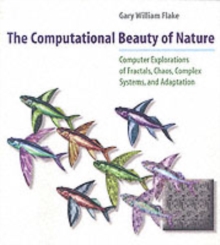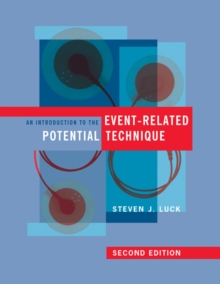
Information and Living Systems : Philosophical and Scientific Perspectives Hardback
Edited by George (Associate Professor, Saint Louis University) Terzis, Robert Arp
Part of the A Bradford Book series
Hardback
Description
The informational nature of biological organization, at levels from the genetic and epigenetic to the cognitive and linguistic. Information shapes biological organization in fundamental ways and at every organizational level. Because organisms use information-including DNA codes, gene expression, and chemical signaling-to construct, maintain, repair, and replicate themselves, it would seem only natural to use information-related ideas in our attempts to understand the general nature of living systems, the causality by which they operate, the difference between living and inanimate matter, and the emergence, in some biological species, of cognition, emotion, and language. And yet philosophers and scientists have been slow to do so.
This volume fills that gap. Information and Living Systems offers a collection of original chapters in which scientists and philosophers discuss the informational nature of biological organization at levels ranging from the genetic to the cognitive and linguistic. The chapters examine not only familiar information-related ideas intrinsic to the biological sciences but also broader information-theoretic perspectives used to interpret their significance.
The contributors represent a range of disciplines, including anthropology, biology, chemistry, cognitive science, information theory, philosophy, psychology, and systems theory, thus demonstrating the deeply interdisciplinary nature of the volume's bioinformational theme.
Information
-
Available to Order - This title is available to order, with delivery expected within 2 weeks
- Format:Hardback
- Pages:464 pages, 21 b&w illus.; 42 Illustrations, unspecified
- Publisher:MIT Press Ltd
- Publication Date:15/04/2011
- Category:
- ISBN:9780262201742
Information
-
Available to Order - This title is available to order, with delivery expected within 2 weeks
- Format:Hardback
- Pages:464 pages, 21 b&w illus.; 42 Illustrations, unspecified
- Publisher:MIT Press Ltd
- Publication Date:15/04/2011
- Category:
- ISBN:9780262201742










